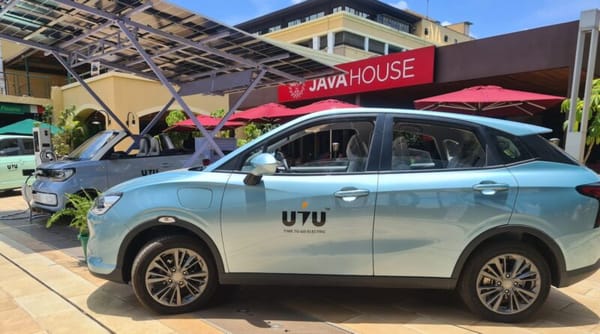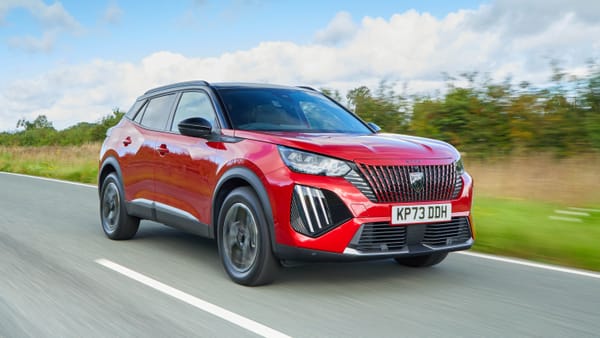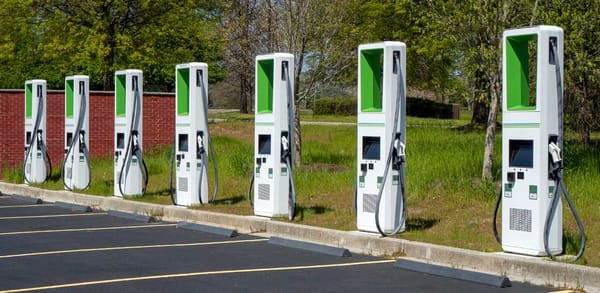What are Government Policies and Incentives in Electric Vehicles.
Governments are allocating funding for research into battery technology, electric drivetrains, and other areas relevant to EVs to drive innovation and accelerate the pace of technological advancement.
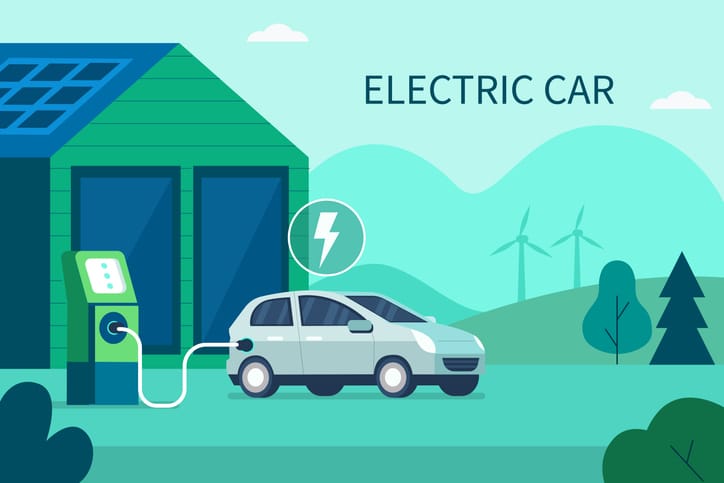
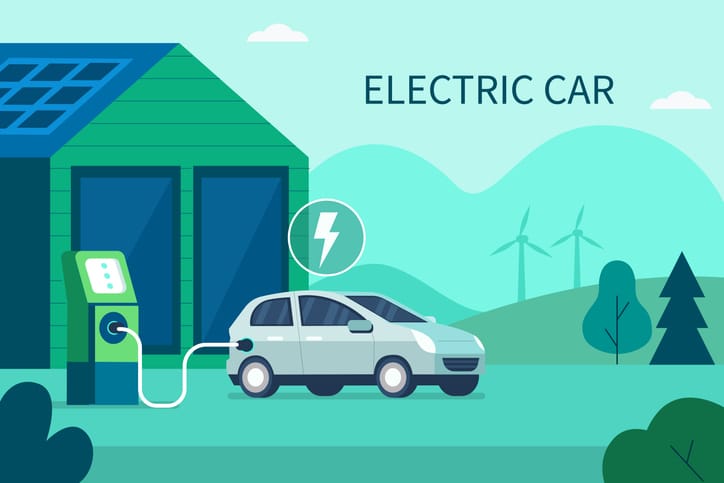
As concerns over climate change and air pollution intensify, governments around the world are implementing a variety of policies and incentives to accelerate the adoption of EVs and facilitate the transition to a cleaner, more sustainable transportation system.
One of the most significant ways in which governments are promoting the adoption of electric vehicles is through financial incentives.
These incentives take various forms, including tax credits, rebates, grants, and subsidies, all aimed at reducing the upfront costs of purchasing an EV and making it more affordable for consumers.
For example, in the United States, federal tax credits of up to $7,500 are available for the purchase of qualifying electric vehicles, while many states offer additional incentives on top of this.
In addition to financial incentives for consumers, governments are also investing heavily in the development of charging infrastructure.
Read: Six countries that promote e-mobility the most.
A robust network of charging stations is essential for addressing one of the main barriers to EV adoption: range anxiety.
By expanding the availability of charging stations in public places, workplaces, and residential areas, governments are making it easier for EV owners to charge their vehicles conveniently and reliably, thereby encouraging more people to make the switch to electric.
Furthermore, many governments are implementing regulatory measures to promote the adoption of electric vehicles and incentivize manufacturers to produce more zero-emission vehicles.
This includes measures such as emissions standards, vehicle electrification targets, and mandates for a certain percentage of new vehicle sales to be electric.
For example, countries like Norway and the Netherlands have set ambitious targets to phase out the sale of new gasoline and diesel vehicles entirely by 2025 and 2030, respectively.
Another crucial aspect of government policy in promoting electric vehicles is investment in research and development.
Read: Africa’s adoption journey to the electric vehicle.
Governments are allocating funding for research into battery technology, electric drivetrains, and other areas relevant to EVs to drive innovation and accelerate the pace of technological advancement.
This investment is critical for reducing the cost of EVs, increasing their range, and improving their overall performance, making them more competitive with traditional internal combustion engine vehicles.
Moreover, governments are also taking steps to incentivize the adoption of electric vehicles in the public sector and commercial fleets.
Many cities and municipalities are transitioning their fleets of vehicles to electric, including buses, taxis, and government vehicles.
This not only reduces emissions and air pollution but also serves as a visible demonstration of the viability and benefits of electric transportation.
Related: How to make Electric Vehicle affordable for all.
As the global demand for electric vehicles continues to grow, governments need to remain committed to supporting and promoting this transformative technology.
Across the African continent, governments are increasingly recognizing the importance of transitioning to cleaner and more sustainable modes of transportation.
With the rise of electric vehicles (EVs) as a promising solution to reduce carbon emissions and combat air pollution, several African countries are implementing proactive policies and incentives to accelerate the adoption of electric vehicles.
One of the primary drivers of electric vehicle adoption in Africa is the implementation of financial incentives by governments.
These incentives aim to make electric vehicles more affordable for consumers and stimulate demand in the market.
One notable example is South Africa, which offers tax rebates and exemptions on electric vehicles to reduce the upfront costs for buyers.
Additionally, countries like Morocco and Egypt provide subsidies and grants to encourage the purchase of electric vehicles and support the development of local EV industries.
In tandem with financial incentives, governments across Africa are investing in the development of charging infrastructure to support the widespread adoption of electric vehicles.
Access to charging stations is crucial for alleviating range anxiety and encouraging consumers to transition to electric vehicles with confidence.
Countries like Kenya, Nigeria, and Ghana are rolling out plans to expand their network of charging stations in urban centers and along major highways, making it more convenient for EV owners to charge their vehicles.
Furthermore, several African governments are implementing regulatory measures to promote the adoption of electric vehicles and reduce dependence on fossil fuels.
Ethiopia, for instance, has announced plans to ban the importation of vehicles with internal combustion engines by 2030, signaling a clear commitment to transitioning towards cleaner transportation technologies.
Similarly, Rwanda has implemented favorable import tariffs and registration fees for electric vehicles to incentivize their adoption and reduce pollution in urban areas.
In addition to incentives for individual consumers, African governments are also prioritizing the electrification of public transportation to address urban congestion and reduce emissions.
Countries like Kenya and Uganda are investing in electric buses and minibusses to modernize their public transportation systems and improve air quality in densely populated cities.
These initiatives contribute to reducing greenhouse gas emissions and create opportunities for local manufacturing and job creation in the burgeoning electric vehicle industry.
Moreover, partnerships between governments, private sector stakeholders, and international organizations are playing a crucial role in driving electric vehicle adoption in Africa.
Initiatives such as the Africa Electric Mobility Market Development Partnership (AEMMDP) are facilitating knowledge exchange, capacity building, and investment in sustainable transportation solutions across the continent.
Overall, government policies and incentives play a crucial role in driving the transition to electric vehicles and building a more sustainable transportation system.
By providing financial incentives, investing in charging infrastructure, implementing regulatory measures, and supporting research and development, governments can accelerate the adoption of electric vehicles and help combat climate change and air pollution.
In conclusion, African countries increasingly recognize the importance of transitioning to electric vehicles as part of their efforts to achieve sustainable development goals and mitigate the impacts of climate change.
Through a combination of financial incentives, investment in charging infrastructure, regulatory measures, and partnerships, governments in Africa are paving the way for a cleaner, greener future powered by electric mobility.
As momentum continues to build, the electrification of transportation holds immense potential to drive economic growth, improve air quality, and enhance the quality of life for millions of people across the continent.

